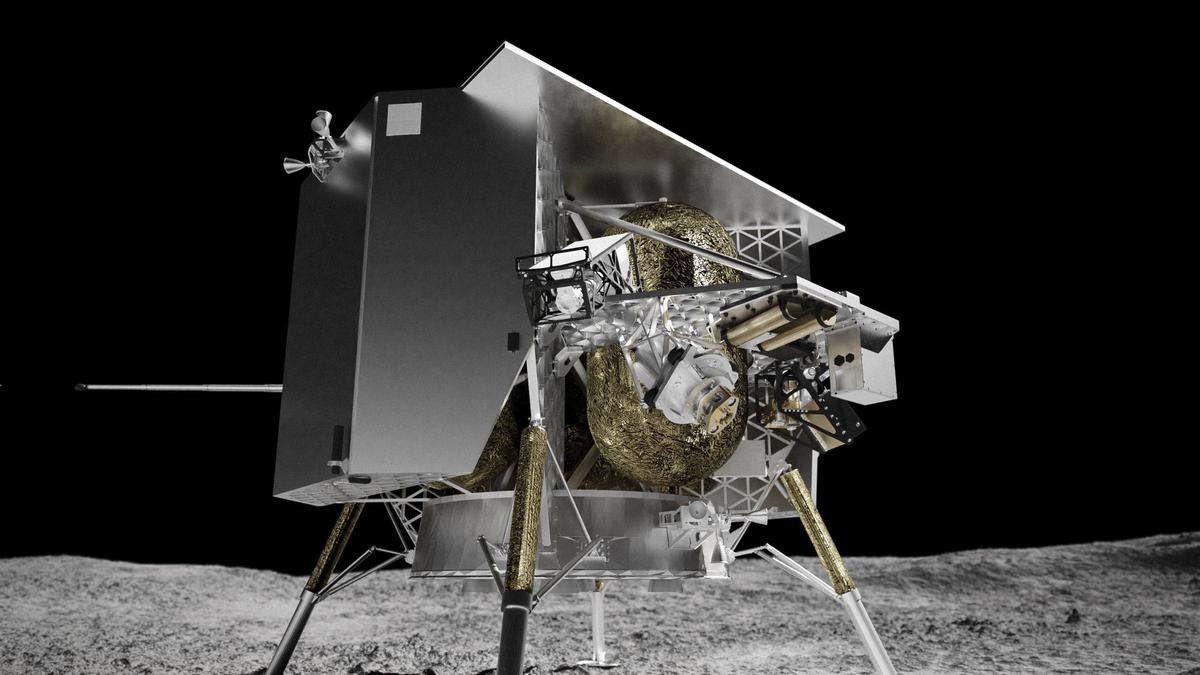
U.S.’s first moon landing attempt in 50 years in jeopardy because of engine problem
The Hindu
Astrobotic Technology launches Peregrine spacecraft to the moon, aiming to be the first private business to land on the moon. NASA provides millions to build and fly lunar landers.
The first U.S. moon landing in more than 50 years was in jeopardy Monday after a private company's newly launched spacecraft developed engine trouble.
Pittsburgh-based Astrobotic Technology raced to orient its lander toward the sun so the solar panel could collect sunlight, as battery power dwindled.
The problem arose about seven hours after Monday’s predawn liftoff from Cape Canaveral Space Force Station. United Launch Alliance’s Vulcan rocket provided the lift for Astrobotic’s lander, named Peregrine, putting it on a long, roundabout path to the moon.
If the propulsion system is at fault, it “threatens the ability of the spacecraft to soft land on the moon” on Feb. 23, the company said in a statement.
"We continue to gather data and report our best assessment of what we see,” the company added.
Astrobotic was aiming to be the first private business to successfully land on the moon, something only four countries have accomplished. A second lander from a Houston company is due to launch next month. NASA gave the two companies millions to build and fly their own lunar landers.
The space agency wants the privately owned landers to scope out the place before astronauts arrive while delivering tech and science experiments for the space agency, other countries and universities as well as odds and ends for other customers. Astrobotic's contract with NASA for the Peregrine lander was $108 million.

 Run 3 Space | Play Space Running Game
Run 3 Space | Play Space Running Game
 Traffic Jam 3D | Online Racing Game
Traffic Jam 3D | Online Racing Game
 Duck Hunt | Play Old Classic Game
Duck Hunt | Play Old Classic Game

















